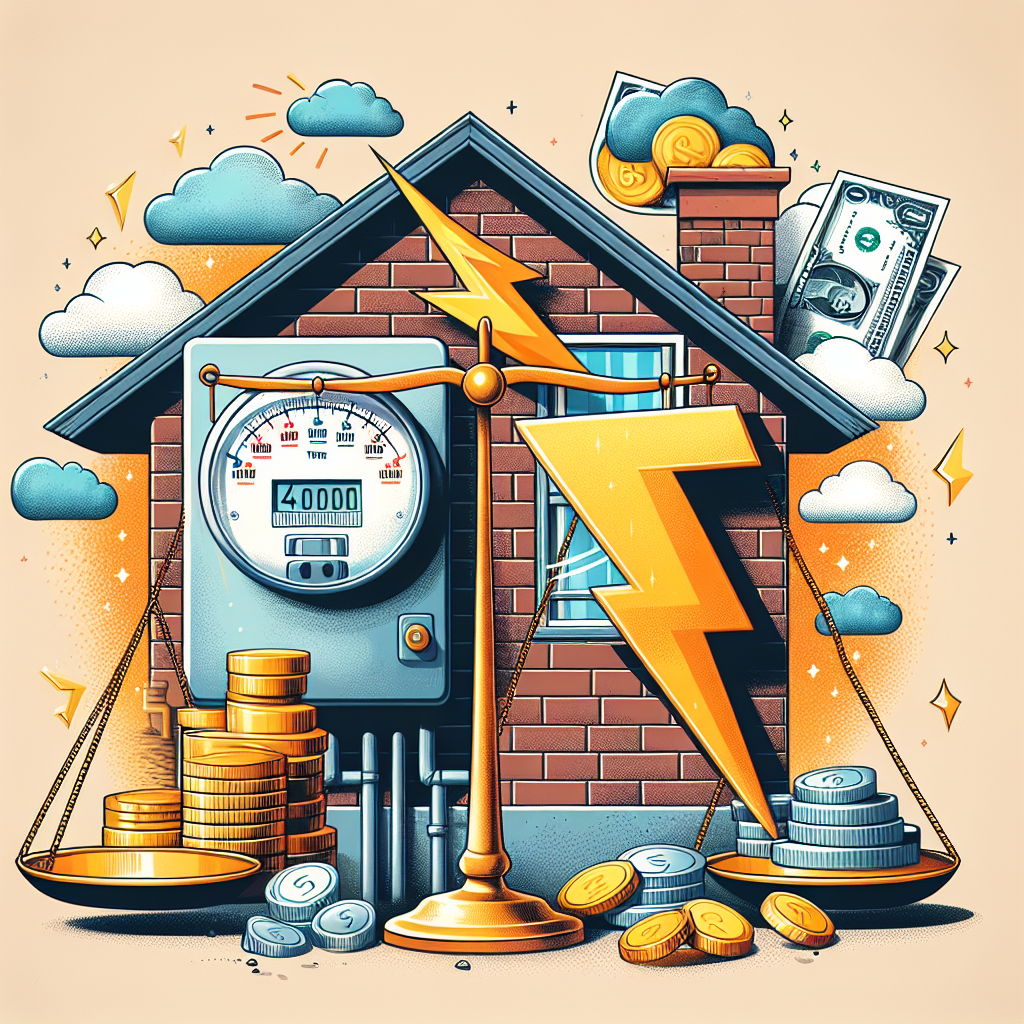Trump's Tariffs: Political Gambit Sparks Brazilian Nationalism
The U.S. imposed 50% tariffs on Brazil, linking them to a trial against former President Bolsonaro. Brazil's President Lula faces challenges in addressing the political move, but the nation’s trade profile offers some resilience against American pressure. Nationalistic sentiments may bolster Lula amid domestic political tensions.

The United States has levied 50% tariffs on Brazil, tying the move to the ongoing trial against former Brazilian President Jair Bolsonaro. The U.S. decision, politically charged, presents a challenge to Brazil's current leader, Luiz Inacio Lula da Silva, who lacks the means to intervene in Bolsonaro's legal proceedings.
Despite facing potential economic impacts, Brazil's limited trade exposure to the U.S. provides a buffer, distinguishing it from other nations more vulnerable to American tariffs. However, certain Brazilian exports, like coffee, could still see significant price hikes in the U.S. market.
Without clear avenues for negotiation, Lula remains defiant, rallying against Trump's pressure tactics. The tariff conflict could inadvertently strengthen Lula's political standing at home by fostering nationalism, particularly ahead of Brazil's impending elections where polls predict challenging prospects for Lula's administration.
(With inputs from agencies.)
ALSO READ
Indian Economy Surges Amid Global Uncertainty: RBI Reports Resilience
India's Rise: From 11th to 5th Largest Economy Under Modi
Punjab Politics Heats Up Amid Majithia's Arrest, Protests Ensue
India's Leap: From 11th to 5th Largest Economy Under Modi's Leadership
Viet Nam’s Blue Economy: Unlocking Marine Potential Through Smarter Investments










